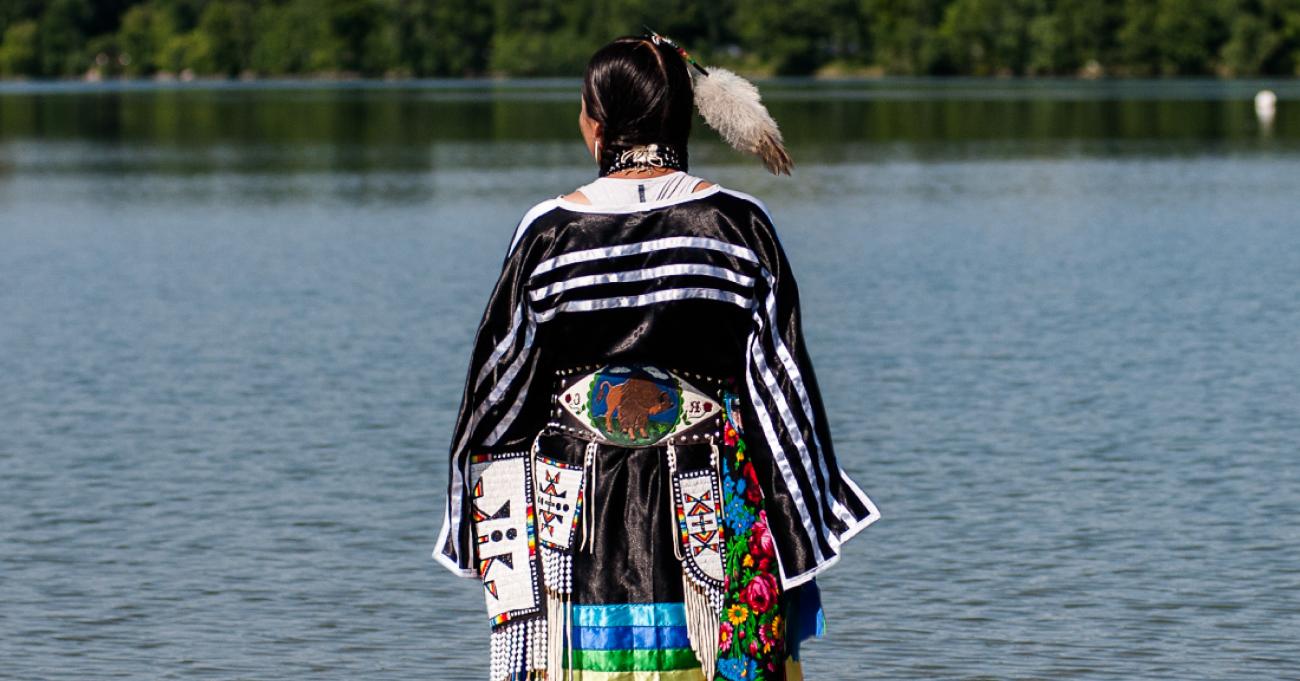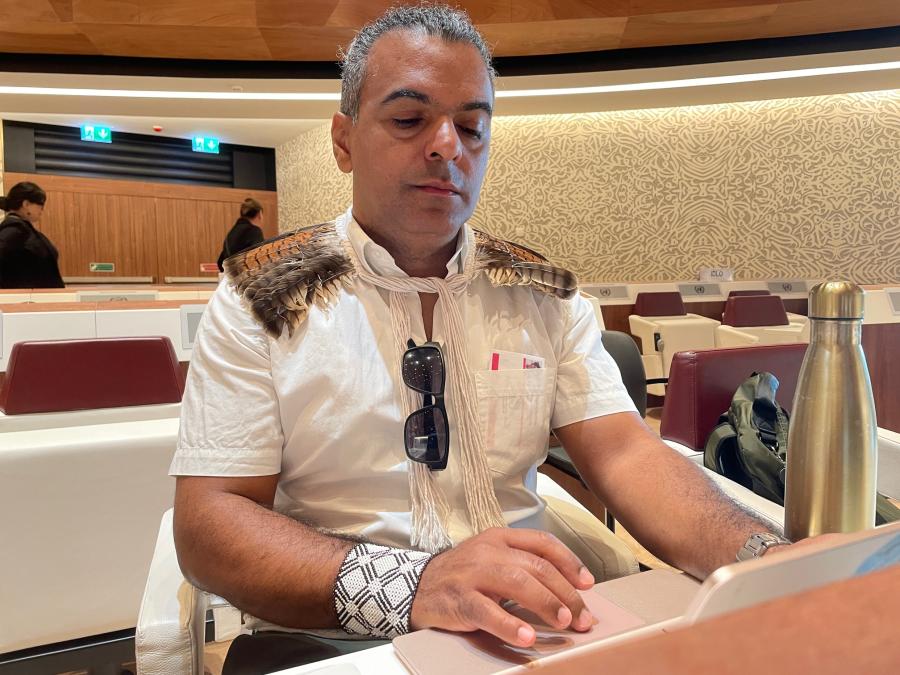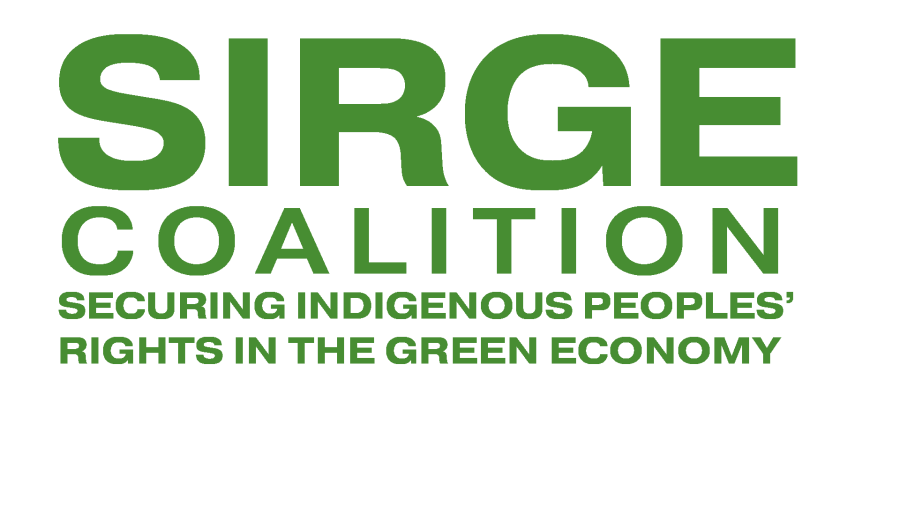
On April 17-22, the Mni Ki Wakan (Water is Sacred) Indigenous Water Decade & MKW Summit team will be attending the United Nations Permanent Forum on Indigenous Issues (UNPFII) to voice the rights of water, call for global collaboration, and announce the 2023 Mni Ki Wakan Summit occurring August 15-17 in Rapid City, South Dakota, United States. MKW honors the planetary history of Indigenous water justice and co-governance, speaking to the Kyoto Water Declaration that elevates Indigenous principles of water protection to the global level, and other water declarations that embody timeless principles of Indigenous water co-governance and justice. With the passage of the Declaration on the Rights of Indigenous Peoples by the UN General Assembly in 2007, global Indigenous water rights were further articulated:
Article 25 of the Declaration on the Rights of Indigenous Peoples, states, “Indigenous peoples have the right to maintain and strengthen their distinctive spiritual relationship with their traditionally owned or otherwise occupied... waters and coastal seas... to uphold their responsibilities to future generations in this regard.”
MKW believes in the global power of Indigenous Peoples and youth to bring about a transformative and sustainable future for water, all life, and future generations. Water is not a resource, but a relative. Water relates and connects us all. We cannot fully address the escalating national and global water crisis in isolation from each other. Too often, water colonialism has gone unabated as colonial and Western water entities find themselves in a dominant position of power, wealth, and resources. Throughout the planet, we see instances where Western and global water paradigms rose to prominence from a long-standing history of water theft that continues to threaten the traditional and otherwise occupied sacred waters of Indigenous Peoples whose water governance and justice depend upon them. Still, Indigenous Peoples have enabled 80 percent of the world’s richest and rarest biodiversity to survive across land and water.
On April 20, at 1 p.m. EST, in New York City, MKW Co-conveners cordially invite UNPFII delegates and partners to the Mni Ki Wakan Parallel Event, themed: “Indigenous Water Justice, Global Collaboration, & Dismantling Water Colonialism,” co-hosted by the Black Hills Clean Water Alliance, Cultural Survival, AIM-West, and the Global Indigenous Youth Caucus. UNPFII delegates will engage in an MKW global dialogue exploring and co-creating innovations for the future of water and all life. Participants will hear from presenters about initiatives of Indigenous water justice, co-governance, and contributions toward dismantling water colonialism for future generations. MKW Co-Conveners will present on the Mni Ki Wakan Indigenous Water Decade & the upcoming MKW Summit.
After years of convening MKW Summits, building partnerships, co-leading projects, and conducting research, members of the global Indigenous community, Indigenous water departments, water advocates, researchers, Indigenous youth, and grassroots organizations have contributed to the formulation and composition of the MKW Indigenous Water Decade & Summit. The water innovations and recommendations MKW Co-conveners will bring to the UNPFII 22nd Session in New York City are emblematic of this historical formation and collective wisdom.
Following the wisdom of Indigenous Peoples, youth, and partners, MKW seeks to advance Indigenous- led water rights, and water justice for all. MKW does this through advocacy, research and education, partnership building, Indigenous-led community conversations (Indigenous Innovation Circles), and the MKW Summit. During the UNPFII, MKW will call upon the global community, water organizations, and relevant actors to:
- Dismantle water colonialism
- Redirect resources and investment to Indigenous water initiatives
- Institute equitable and just water policies in equal consultation and decision-making with
- Indigenous Peoples
- Strengthen global collaboration with Indigenous water initiatives
- Attend the 2023 MKW Summit in Rapid City, South Dakota, USA, August 15-17
You can learn more about the MKW Parallel Event, and the upcoming MKW Summit at mnikiwakan.org.
Hashtags: #Mnikiwakan #2023MKWSummit #MKW #Waterissacred #Indigenouswaterjustice #Indigenouswatergovernance #Dismantlingwatercolonialism #Indigenouswaterdecade
The author, Wakinyan LaPointe, is a Sicangu Lakota citizen of the Rosebud Sioux Tribe, human rights advocate, and MKW Co-convener.



